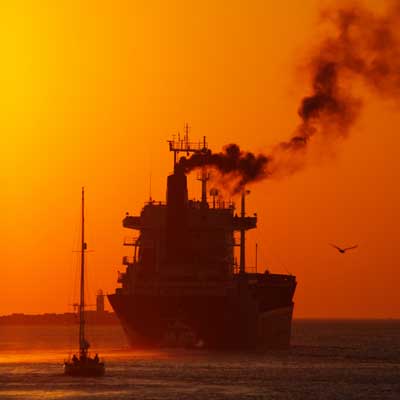Ships face 0.10% sulphur fuel requirements in emission control areas.

Ships trading in designated emission control areas will have to use on board fuel oil with a sulphur content of no more than 0.10% from 1 January 2015, against the limit of 1.00% in effect up until 31 December 2014.
The stricter rules come into effect under the International Convention for the Prevention of Pollution form ships (MARPOL) Annex VI (Regulations for the Prevention of Air Pollution from Ships), specifically under regulation 14, which covers emissions of Sulphur Oxides (SOx) and particulate matter from ships. These requirements were adopted in October 2008 by consensus and entered into force in July 2010.
The emission control areas established under MARPOL Annex VI for SOx are: the Baltic Sea area; the North Sea area; the North American area (covering designated coastal areas off the United States and Canada); and the United States Caribbean Sea area (around Puerto Rico and the United States Virgin Islands).
Outside the emission control areas, the current limit for sulphur content of fuel oil is 3.50%, falling to 0.50% m/m on and after 1 January 2020. The 2020 date is subject to a review, to be completed by 2018, as to the availability of the required fuel oil. Depending on the outcome of the review, this date could be deferred to 1 January 2025.
Ships may also meet the SOx requirements by using gas as a fuel or an approved equivalent method, for example, exhaust gas cleaning systems or “scrubbers”.
Read more:
